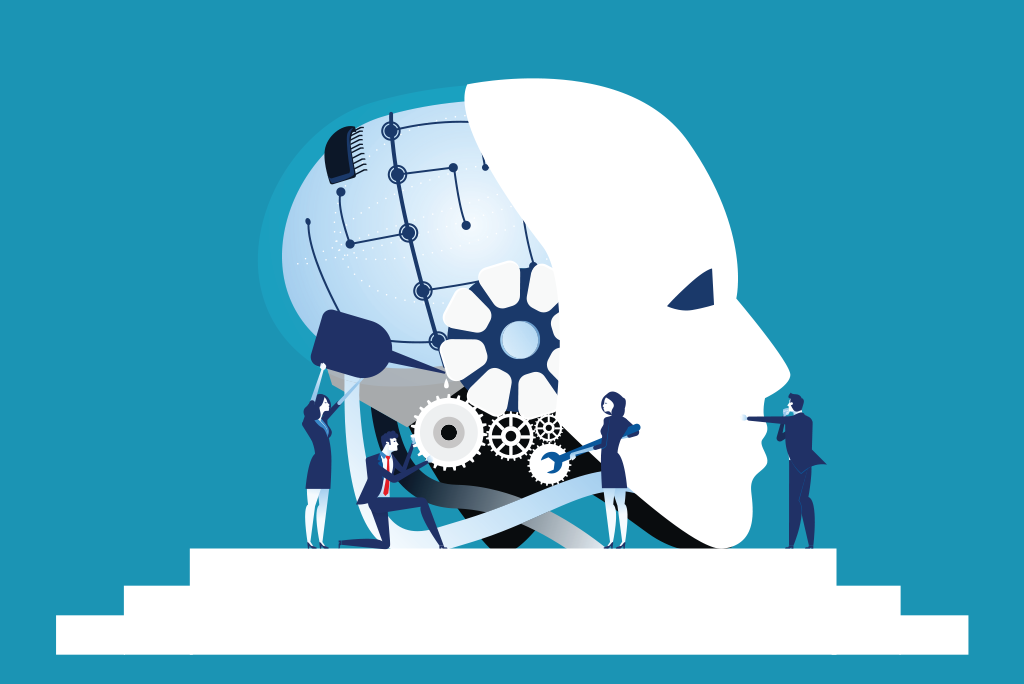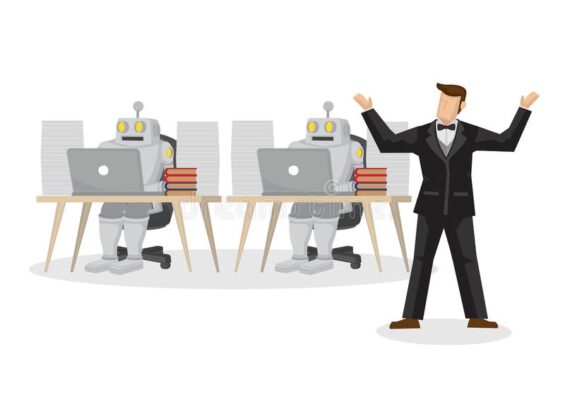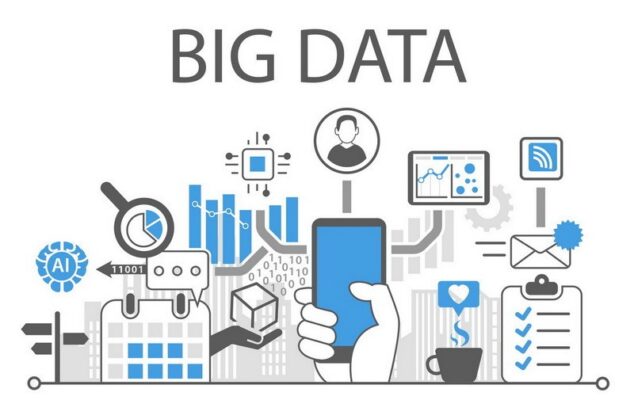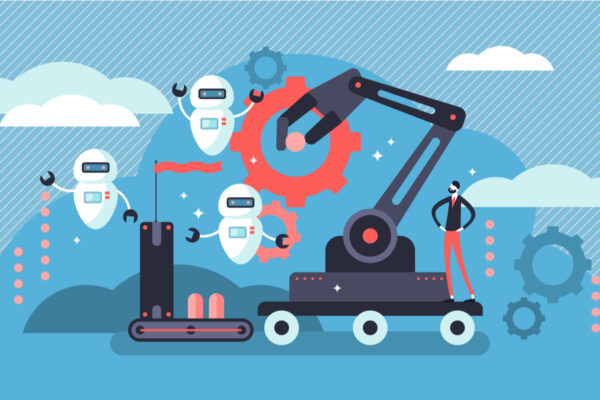
Deep learning, machine learning, and artificial intelligence are some fancy terms that people throw around casually while talking about the future of technology. A majority of humanity is convinced that AI and machine learning is the future and that it will be taking over the world sooner than expected. While AI as a technology has revolutionalized several sectors like the manufacturing industry, healthcare, and space exploration, it is not where you think it is. Yes, AI has been growing at a steady rate gaining popularity and growing smarter with each passing day. But that does not mean that it is flawless!
It is surely important to note that AI right now is facing a number of challenges but that doesn’t stop it from upscaling year by year. Reportedly, AI can boost business productivity by up to 40%, whereas, the number of AI-related startups around the world has grown 14 times since 2000. Since the application of this technology spreads wide and its exploration is still limited, there are a number of obstacles currently present in the field which is to be conquered. Let’s have a look at all the challenges currently with AI –
Human-level

This is perhaps one of the biggest challenges currently with AI which has kept researchers and developers scratching their heads. While AI currently is smart and some companies boast over 90% accuracy in their daily AI tasks, humans are simply smarter. Humans are sharper and more accurate than AI as of now, which is contrary to the popular belief that the technology is smarter than us.
Let’s take a simple example here, whenever you’re asked to ‘Confirm if you’re not a robot’ before entering a website, you can simply point out all the pictures consisting of a bus or a traffic signal, or dogs. AI, on the other hand, just cannot do so effectively. Sounds strange right? Why cannot a smart algorithm figure out which photos feature dogs? For a deep learning algorithm to perform a similar task will require a large amount of finetuning. It would require a large dataset, hyperparameter optimization, strong computing power, and uninterrupted training and testing of data. Sounds exhausting!
Data

The most crucial aspect of deep/machine learning models is their basis on the availability of data and the resources to train them. Humans have a lot of data. This data is generated from billions of users from around the world. However, there are chances of this data being used for bad purposes. Plus, data security is another important aspect that looms upon us as a possible threat. It was only back in 2021 when 533 million Facebook users had their data leaked from over 100 countries. What would happen if an AI algorithm is fed data of that magnitude? It’s scary to even think about! Plus, the data leaks can also make their way to the dark web which can later be used for nefarious activities. Some companies are currently working towards tackling this issue by training the data on smart devices which do not send data back to the servers, but only the trained model.
Knowledge Barrier

There are a number of implementations of AI in the market right now. AI can replace the traditional systems currently in use effectively. But the problem here lies in the actual knowledge of AI around the world. Sure, AI can be used by tech enthusiasts, students, and researchers on a global scale. But right now, there are only a number of people who are aware of the potential of AI. The technology still only reigns in the territory of science fiction amongst people due to its representation in pop culture. The adaptation of AI into the mainstream with the use of it to upscale production, manage resources and understand consumer behavior is still a far-off dream.
Computing power

Machine Learning and Deep Learning are the baby steps required to develop artificial intelligence. But, the amount of computing prowess these power-hungry algorithms require is one of the top reasons why AI is not where it should be right now. These algorithms demand a high number of cores and GPUs to work efficiently. Right now, humanity has already figured out a number of domains where we can implement AI deep learning frameworks. Be it tracking the cosmos or asteroids, and human health care, AI can be implemented to an extent that can be life-changing but the lack of computing power keeps us at bay. These algorithms require supercomputing powers and they do not come cheap. Not everyone can afford a supercomputer to build an AI including some of our smartest brains.

